We Are the Headline We’ve Been Waiting For
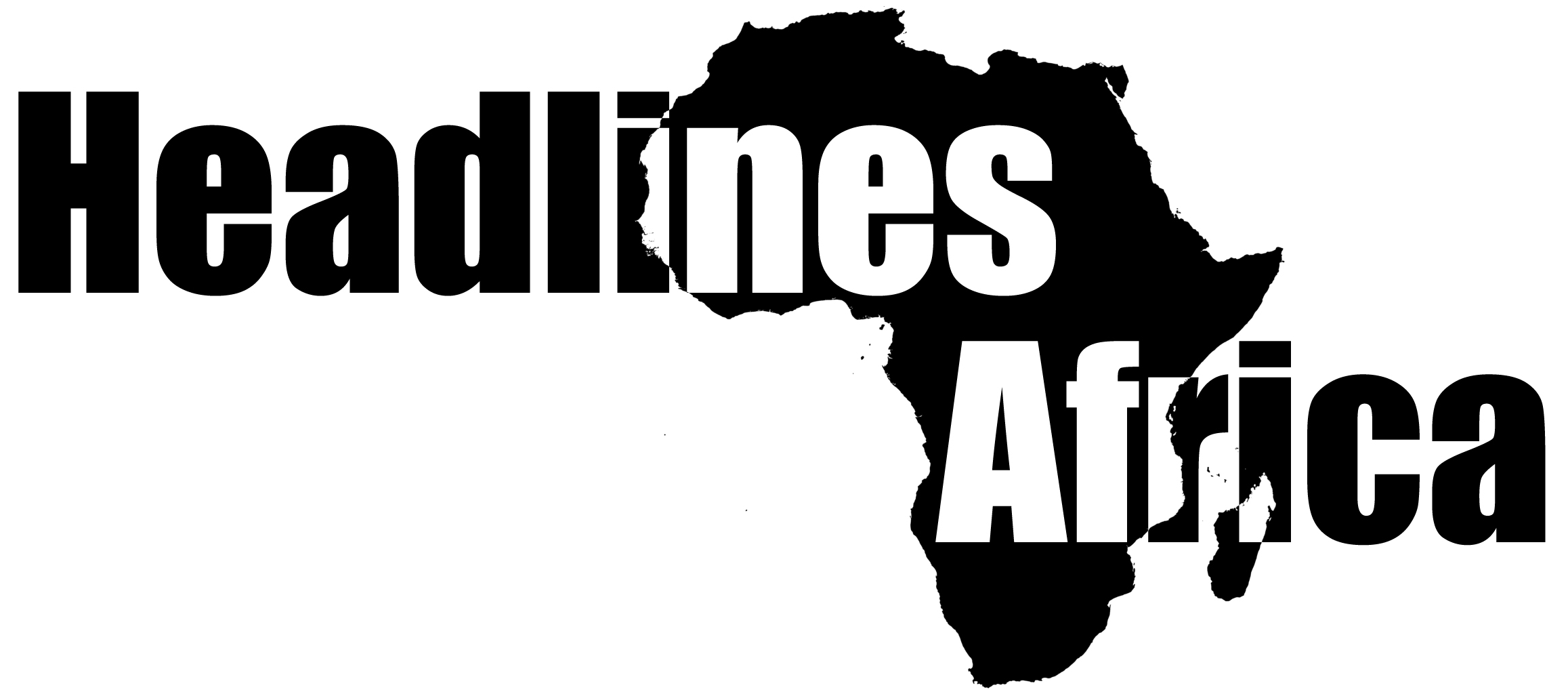
Once upon a headline, Africa was always the victim. Poverty. War. Corruption. Another famine, another flood, another “crisis unfolding.” But something remarkable is happening, Africans are no longer waiting for someone else to describe them. The continent’s young storytellers, filmmakers, podcasters, and digital activists are reversing the camera, pointing it squarely at themselves, and saying, “We’ll take it from here.”
It’s a quiet revolution, not with guns or manifestos, but with tweets, beats, and pixels. And it’s rewriting how the world sees and how Africans see themselves.
For decades, the African story has been told through the foreign lens filtered by pity, often edited for tragedy. But today, a new wave of media, art, and innovation is pushing back.
Platforms like The Continent, Quartz Africa, and Nigeria’s Zikoko are showing what happens when Africans tell stories in their own rhythm witty, raw, and deeply real.
Scroll through African Twitter and you’ll find a digital continent buzzing with conversations from climate justice to memes about fuel scarcity, from feminism to Afrobeats. The same social media that once amplified stereotypes has become a tool for reclamation. Africans are not waiting for representation anymore; we’re streaming it live.
If there’s one thing the world now knows, it’s this: Africa’s soft power doesn’t ask for permission.
Afrobeats, Amapiano, Nollywood, and Nairobi’s fashion scene have become global exports not just entertainment, but identity statements. When Burna Boy and Tyler ICU top international charts, or Tems performs at the Oscars, it isn’t about Western validation. It’s about visibility on our terms.
African culture is no longer an accessory to global pop culture; it is global pop culture. Every beat that travels carries a piece of Lagos nightlife, Soweto rhythm, or Accra humour with it.
As Rema’s “Calm Down” became a worldwide anthem, what people were really hearing was a continent refusing to be background noise.
When Innovation Speaks Louder Than Aid
The story of modern Africa isn’t a plea for charity, it’s a manifesto for creativity.
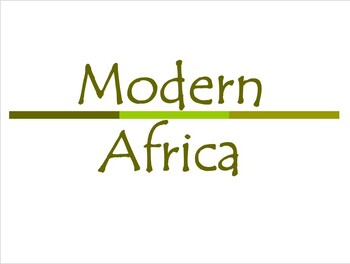
While the world obsesses over our struggles, African innovators are building solutions out of scarcity.
In Kenya, M-Pesa redefined fintech before Silicon Valley caught on. In Nigeria, Paystack turned digital payments into an ecosystem. In Rwanda, drones deliver blood to rural hospitals.
We are the generation that uses broken systems as blueprints for better ones. Africa doesn’t innovate in spite of limitation; we innovate because of it.
Every start-up in Nairobi’s iHub or Lagos’s Yaba Valley is proof that the new headline isn’t “Africa Rising”, it’s Africa Running the Race.
The Gaze and the Grind
Still, the world’s gaze hasn’t caught up.
When floods hit Mozambique or protests erupt in Sudan, the headlines scream chaos before they mention context. Meanwhile, stories of resilience, design, or leadership barely make it past the foreign editor’s desk.
This bias isn’t new. But it’s dying slowly, painfully, publicly. Because young Africans are fact-checking it in real time. When Western outlets misframe protests or misquote leaders, Africans on X drag the errors into daylight.
We’re not waiting for correction, we’re creating counter-narratives, podcasts, and documentaries that tell the truth without translation. The gatekeepers have lost their monopoly.
Hope in Africa is a strange thing. It’s both fragile and unbreakable. It’s there in the Kenyan coder working from a generator-powered hub; in the South African designer turning township art into NFT currency; in the Ghanaian farmer livestreaming sustainable practices to TikTok followers.
And yes, it’s there in Nigerian youths still showing up to vote, still holding conversations about change after everything.
As unemployment, inflation, and migration test our endurance, something deeper grows, a continental confidence that no policy or passport can measure.
Across the continent, media is no longer about gatekeeping, it’s about gate-crashing.
Platforms like OkayAfrica and HumAngle show that journalism can be fierce and human at once. Young reporters from Dakar to Dar es Salaam are refusing to be interns in their own stories.
Digital collectives are reimagining what African newsrooms can be agile, connected, and proudly local. The future of African storytelling will not be televised on CNN; it will be streamed on TikTok, recorded on Spotify, and shared by the people living it.
As one Ghanaian journalist tweeted during the #EndSARS protests, “They cover our wounds; we cover our will to heal.” That’s the difference between sympathy and solidarity.
Our Humour, Our Armour
It’s often said that Africans laugh to keep from crying. But look closer, our humour is not avoidance; it’s resistance.
When inflation hits or politics disappoints, memes become micro-manifestos. The satire, the slang, the dark jokes they’re how a continent processes pain.
And the world is listening. Our humour now trends globally. Our slang becomes lexicon. Wahala, sha, no wahala phrases once whispered on Lagos streets now live in pop lyrics and global ads. Language has become another form of soft power.

Power used to mean politics. Today, it’s influence.
And Africans have mastered both the hashtag and the hustle.
Movements like #FeesMustFall in South Africa and #EndSARS in Nigeria showed the world that digital protest isn’t slacktivism it’s strategy.
Young Africans are redefining what democracy looks like: decentralized, digital, defiant.
We’re not just demanding seats at the table; we’re building new tables, streaming the meetings, and selling tickets.
Let’s be honest: Africa still wrestles with corruption, inequality, and systemic failure. But those stories are not the only stories.
To live here is to live in contradiction, chaos beside creativity, hardship beside hope.
The Western world often frames our resilience as miracle. But it’s not. It’s maintenance. It’s the daily, unglamorous work of making something out of nothing.
From the street vendor in Accra using mobile money to the student journalist in Nairobi documenting local elections these aren’t side stories. They are the story.
For too long, others wrote about Africa as a place to be pitied, studied, or saved. But this generation is writing back not with defensive essays, but with evidence.
We are journalists, comedians, activists, and app developers all chronicling what it means to live, love, and lead here.
Africa doesn’t need a rebrand; it needs recognition. Recognition that the continent’s voice is not an accent in the global choir, it’s the bassline.
We are no longer the headline written by someone else.
We are the headline and we are writing it every day, in every language, on every platform.
More Articles from this Publisher
If Poverty Were a Crime, Many Would Be Serving Time
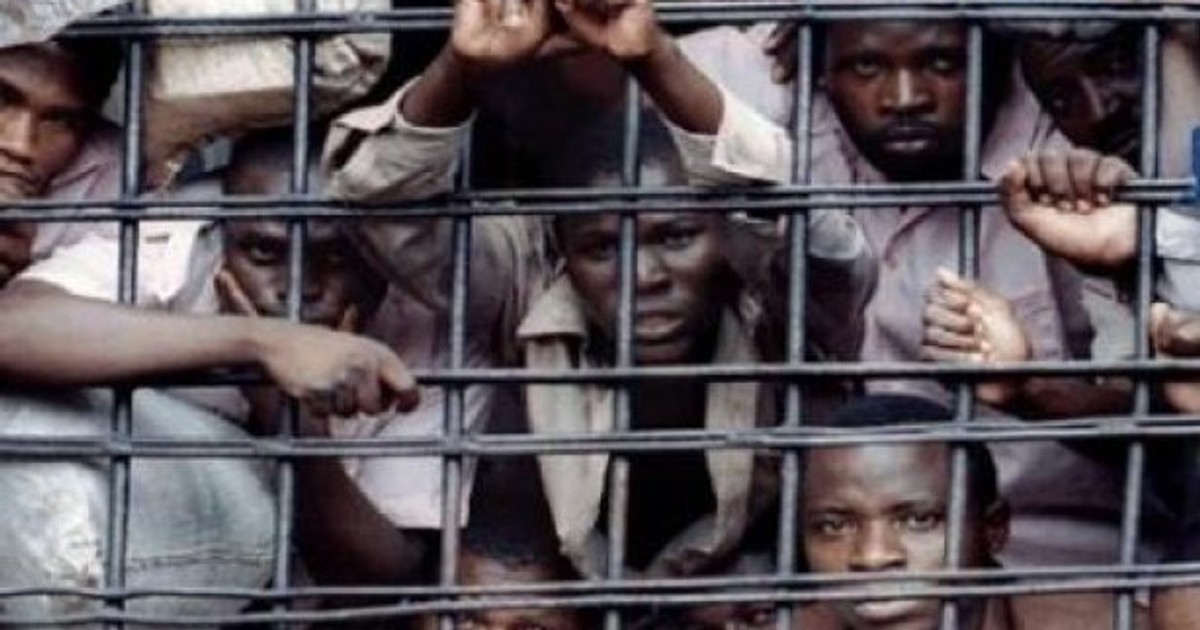
Poverty shouldn’t feel like a punishment. This commentary reflects on how ordinary Africans rise above hardship, showing...
The Stablecoin Wars: USDT, USDC, and New Entrants, Fighting for Global Dominance

The stablecoin market has evolved into a high-stakes battle for financial trust. As USDT, USDC, and new challengers like...
ATM for Plastics in Nigeria
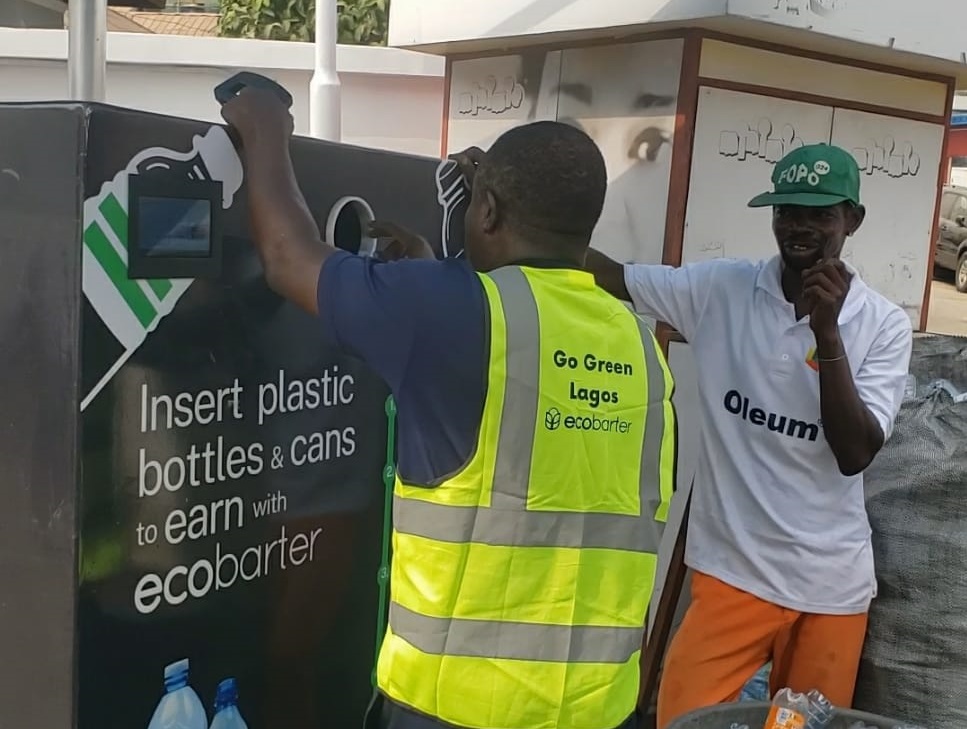
Reverse-vending machines are being piloted in Abuja and Lagos. See how they work, who runs them, what they pay, and whet...
Odunayo Eweniyi: The Girl Who Built a School Out of Refusal

Odunayo Eweniyi, co-founder of PiggyVest, Feminist Coalition, and FirstCheck Africa embodies Africa’s new spirit of lead...
We Are the Headline We’ve Been Waiting For

Africa has spent decades being reported on, misunderstood, and misrepresented. Now, a generation of Africans creators, c...
The Crack in Nigeria’s Christian Genocide Debate
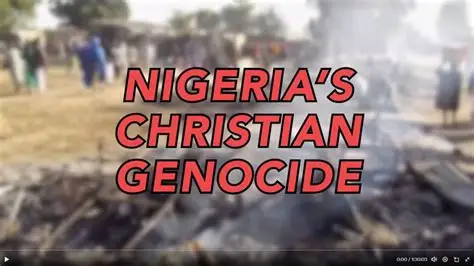
As violence grips Nigeria’s Middle Belt, the world debates whether it’s genocide or chaos. With Donald Trump’s threats t...
You may also like...
Tetsuya Yamagami Pleads Guilty to the Assassination of Japan’s Longest-Serving Prime Minister, Shinz
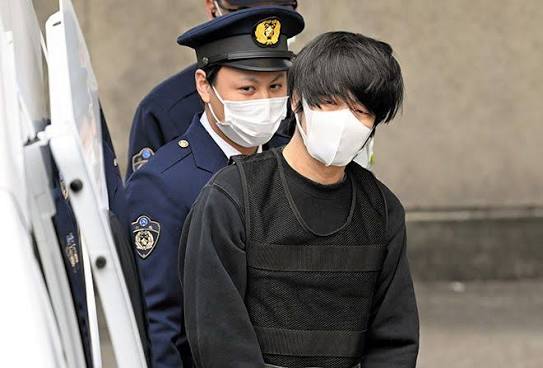
The assassination of Japan's longest serving Prime Minister, Shinzo Abe remains one of the most shocking successful assa...
The Returnee Wave: How a New Generation Is Rewriting the Story of Migration
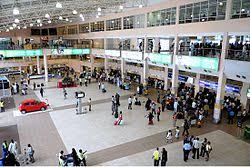
Everyone knows the story of leaving But what about the story of coming back? Across African cities, a quiet shift is unf...
Niger Delta's Endless Flare is Africa's Methane Crisis

Methane gas changes the atmosphere of the Niger Delta in Nigeria.
Return of the Misfits: The Diaspora's Best Designers Now Build Their Studios in Accra
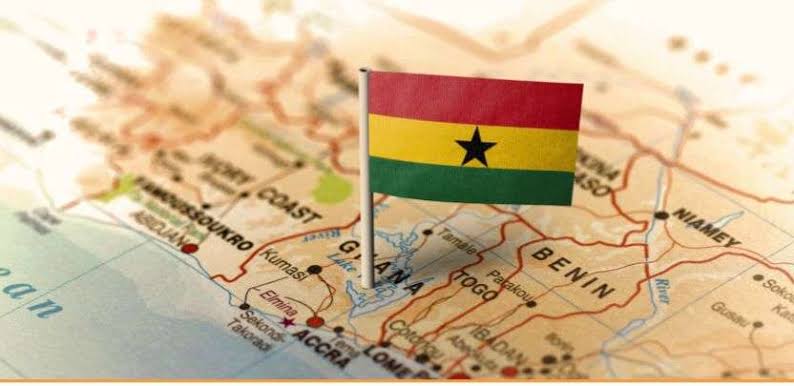
Studios, galleries, and cultural hubs are now springing up all over the streets of Accra, founded by Ghanaian creatives ...
From Lagos to London: How African Churches Are Building a Global Faith Empire
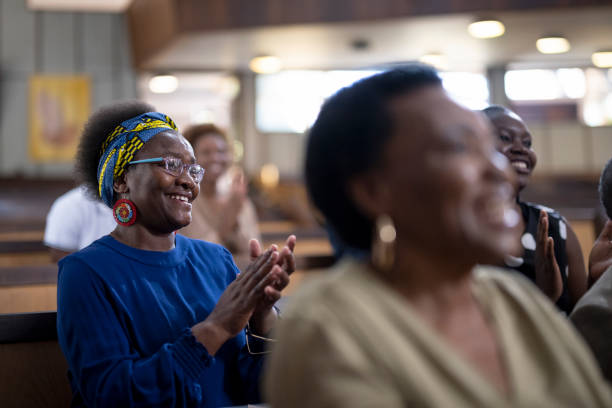
From Lagos to London, African Pentecostal churches are building vast transnational networks of faith, money, and influen...
How Africa’s Diaspora Is Powering the Continent’s Future
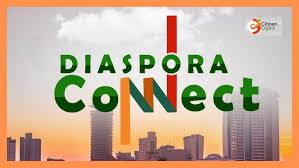
Discover how Africa’s diaspora is transforming the continent from brain drain to brain gain through innovation, investme...
Hidden Tax: Remittance Fees Steal the Generosity of the Diaspora

Remittances have become Nigeria's most reliable source of foreign exchange, dwarfing FDI and oil revenue combined
Between Two Flags: Dual Citizenship and the Politics of Loyalty
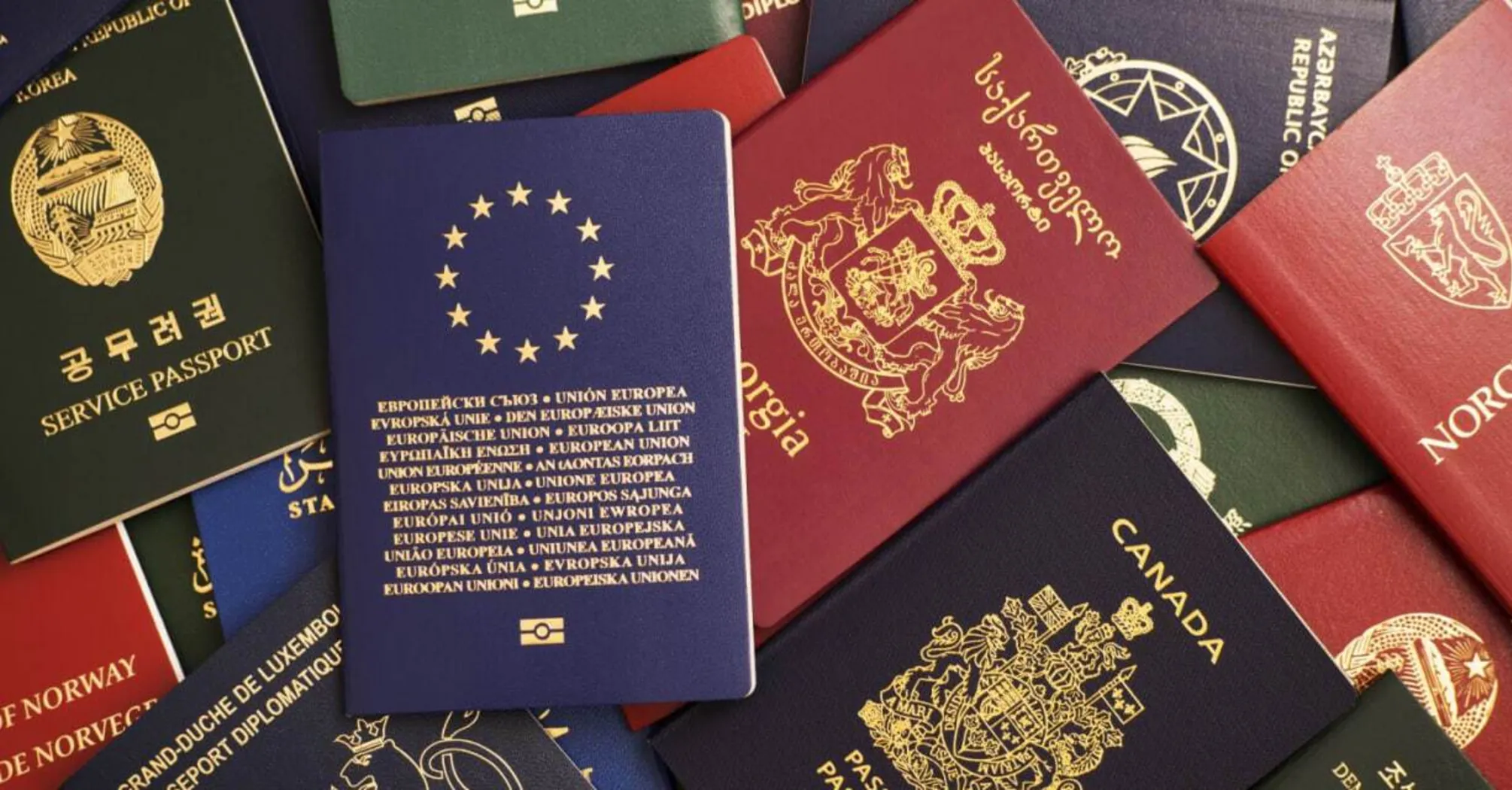
Across Africa, dual citizenship is redefining what it means to belong. As laws evolve and diasporas expand, millions now...
